The Reigning Queen of TikTok
She’s not lip-synching, break dancing, or completing the #UmbrellaChallenge. She’s not Loren Gray, Addison Easterling, or Charli D’Amelio. But Vanessa Pappas is TikTok’s secret weapon, and, as the social media company’s U.S. general manager, she’s leading the unequivocally popular—and controversial—app into a future unknown.

There’s something about endlessly scrolling through TikTok that makes you black out. The über-popular platform (more than 2 billion downloads worldwide and counting) is a cocktail of nonsensical short-form video entertainment, and it’s easy to get rip-roaring drunk on procrastination as you flick your way through the 15-second clips. After you sober up, it can be difficult to recall faces or specific choreography or to put your finger on what, exactly, was so oddly satisfying about that ASMR video.
Vanessa Pappas, however, can describe clearly the first TikTok she ever saw: a quick clip of a man wearing a cardboard box, scuttling around his apartment like a crab. “It was memorable, obviously,” she says now. It was that video that convinced Pappas, then a 40-year-old executive at YouTube, to quit, pack up her home in New York City, and move across the country to Los Angeles to head the U.S. arm of an emerging social-media platform that envisioned a world where the awkward and absurd triumphed over the filtered and flawless—a world where unnamed crab men dethrone picture-perfect blondes posing with pink haircare gummies.
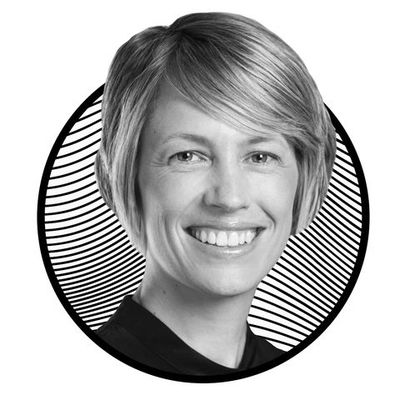
Vanessa Pappas, TikTok’s US General Manager
That world is now a billion-dollar reality—one that may be on the brink of collapse. In the two years since Pappas boarded her flight to California, TikTok has barreled through the social-media landscape like a juggernaut, growing faster than you can scroll or swipe: According to app-monitoring firm Sensor Tower, TikTok is the most downloaded app so far of 2020; since launching, it’s been downloaded 165 million times in the U.S. alone. Soon, the number could evaporate into virtual oblivion: Citing national-security concerns, President Trump last week issued an executive order effectively banning the app. His qualm? TikTok is owned by Chinese Internet-technology company ByteDance, which he claims enables the Chinese government to keep tabs on American users.
I first chatted with Pappas in early May over Zoom, months before TikTok’s future was quite so fragile. Her video background was an image of vibrant blue water flanked by rugged coastline, sailboats bobbing on the surface. Pappas is half Greek, on her father’s side, and she snapped the photo on a visit to Ithaca, a small Island in Greece. Her 4-year-old daughter is named Penelope, after the queen of Ithaca in Homer’s The Odyssey.
You wouldn’t think “Greek” when you hear Pappas’s Australian accent; she lived in Australia until she was 20, before spending four years in London, then relocating to the U.S. Since, she’s been steadily shaping Silicon Valley’s next best in tech. Back in 2007, when she was part the team at Next New Networks, a company that helped video creators find audiences for their films, Pappas was discovering influencers before they were even called influencers. Next New Networks was purchased for less than $50 million by YouTube in 2011, the same year Rebecca Black released “Friday.” Pappas went with it, becoming YouTube’s global head of audience development and, later, its global head of creative insights. “Within three months, my task at YouTube was to literally write the playbook for how to build an audience,” she says.
@lorengray I shattered a candle for that last video and now I have glass in my foot pls support 😪
♬ original sound - ZOZO
TikTok poached Pappas in 2018—but it wasn’t just the crab-man video that sealed the deal. “I think about TikTok as being this home for emerging creators that really celebrates diversity and creativity,” she says of the move. A forward thinker, she recognized the desire for creatives to connect and express themselves authentically on social media—a hankering for a platform where you don’t have to put your best self forward; you just have to put yourself forward. “There wasn’t really another platform to do that in such a mobile-first and real-time way. TikTok felt like it was delivering on that promise,” Pappas says.
At the time, YouTube was the video-platform Goliath (that year, it was the most-downloaded iOS app); TikTok had just expanded to the States in August and was decidedly a David. No one could be sure if it would take off or fizzle out like so many fad platforms had before. (See: Vine, YikYak.) Plus, she had two young kids, a 2-and-half-year-old and a 6-month-old. “I will say, it was probably the hardest career decision I’ve ever had to make,” Pappas recalls. She decided to go for it, starting as a strategic advisor for ByteDance with a special focus on TikTok, eventually rising to be the app’s general manager in January 2019. “It just made sense to jump all-in. And it’s certainly been a phenomenal ride ever since.”
Stay In The Know
Get exclusive access to fashion and beauty trends, hot-off-the-press celebrity news, and more.
At YouTube, Pappas was, in part, responsible for scaling massive, worldwide growth, but at TikTok she is tasked with the opposite: Take a Chinese-owned product and tailor it to U.S. consumers, which, regardless of TikTok’s current quagmire, she’s unquestionably done. In November 2018, the month Pappas started, TikTok reportedly had 20 million U.S. users, according to Wallaroo Media; today, that number is 100 million. In the six months from October 2019 to March 2020, monthly users nearly doubled.
What’s responsible for the massive growth? Ferrets tunneling through plastic tubing to a club remix of Taylor Swift’s “Love Story” (@ferretdaddy), a man in small bathing trunks cannonballing into a pool filled with plastic balls—also set to “Love Story” (@fazeclan), a baby retrieving his pacifier Tom-Cruise-in-Mission-Impossible-style (@coult45), and Pappas. Part of her strategy was to be acutely in tune with user needs and respond quickly to what they wanted. When her team noticed that creators were hacking the app’s functionality in order to add text to their videos, TikTok engineers quickly built the tool. They also developed a green-screen function, now a hugely popular offering.
Pappas also encouraged her team to lean into what sets TikTok apart: authentic, raw moments that don’t feel filtered. “In 2019, what happened was, cringe became cool,” she says. “All of a sudden, it was okay for you to not be perfect. You didn’t have to curate these moments of appearing to have fun when you could just have fun.” Their creators, as Pappas calls those who share their dance moves, pranks, makeup tutorials, and lip-syncing flexes, are anti-influencers; the whole platform an antidote to the highly curated grids of Instagram and the tightly edited sound bites of Twitter.
@fazeclan How many balls are there? Right answer wins $500
♬ Love Story - Disco Lines
Like the app, Pappas is authentic. But unlike the creators, the most popular of whom have upwards of 55 million followers, Pappas prefers to remain private. In our reporting, Marie Claire found four TikTok accounts with her name and headshot. None are hers; she says she says only has an account to view videos, not post. She’s never set foot inside Hype House, the palatial Los Angeles pad that’s home to a handful of the platform’s biggest stars (though she does plan to visit post-COVID). She rarely does interviews. She’s quick to couch her achievements with “we.” Greg Justice, head of content programming at TikTok, describes her leadership style as “deeply collaborative” and praises the open corporate culture she’s created. “Not only is Vanessa quick to show appreciation, consider an alternative point of view, and empower her colleagues, but she expects and inspires the full team to do the same,” he adds.
The most challenging part of Pappas’s job might be keeping up: TikTok is rapidly evolving—so rapidly, in fact, that in the three months since our initial interview, at least two new initiatives have rolled out. The first is a $200 million fund to pay top U.S. creators (applicants must be 18 years or older and have at least 10,000 followers), a program close to Pappas’s heart. “The TikTok Creator Fund was created to further support and encourage creators who dream of using their voices and creativity to spark inspirational careers,” she says. The second is the launch of TikTok for Business, a platform for brands and marketers looking to tap into the valuable Gen Z market.
There have also been a handful of less positive developments, like the aforementioned executive order. Trump wants ByteDance to “divest” its U.S. ownership of TikTok; Microsoft is looking like an early suitor. (He also wants a cut of any deal made.) The administration has reportedly given each company until September 15 to figure out the deal. The U.S. isn’t the first country to take an anti-TikTok stance: In June, India barred the platform amid similar security concerns.
The controversy has seized the headlines, but Pappas doesn’t seem fazed. “We are confident in the long-term success of TikTok and fully committed to protecting our users’ privacy and safety. TikTok is here to stay,” she said in an email to Marie Claire on July 30. Pappas rejects the idea that the Chinese government is using TikTok to gain information about Americans. “There’s a lot of misinformation about TikTok out there. TikTok has an American CEO, a chief information security officer with decades of U.S. military and law-enforcement experience, and a U.S. team that works diligently to develop a best-in-class security infrastructure.”
To separate its U.S. image from that of its parent company, TikTok has literally staked a claim on U.S. soil: In January, hundreds of the company’s 1,500 U.S.-based employees moved into a 120,000-square-foot office in Culver City, California. In mid-May, TikTok hired a U.S.-based CEO, Kevin Mayer, a former Disney executive. Pappas notes that TikTok U.S. user data is stored on servers in the U.S. and Singapore—not Beijing. (A lawsuit filed in California alleges that TikTok sent data to Chinese servers. TikTok has not yet filed a response to the suit, which is pending.) “I think we’re putting our right foot forward in terms of making sure that we’re building more transparency and having that conversation around what is such an important topic of data security and user privacy,” Pappas says.
No one knows—perhaps even Pappas—what the future has in store for TikTok. But her steadfast commitment to the product won’t wane. “I continue to see us lean in and create this amazing product that is providing our users with the tools of expression that let them continue to do what they do,” she says. “We want our community to be a part of [our] journey, and I think that’ll help us navigate to the next level.”
She might not be an influencer or a creator, but Pappas is influencing and creating. The future of technology. The future of social media. The future of how Americans connect...or don’t. The future, period—no matter where that might lead her or where she might lead it.
This piece has been updated.
READ MORE FROM OUR AUGUST ISSUE
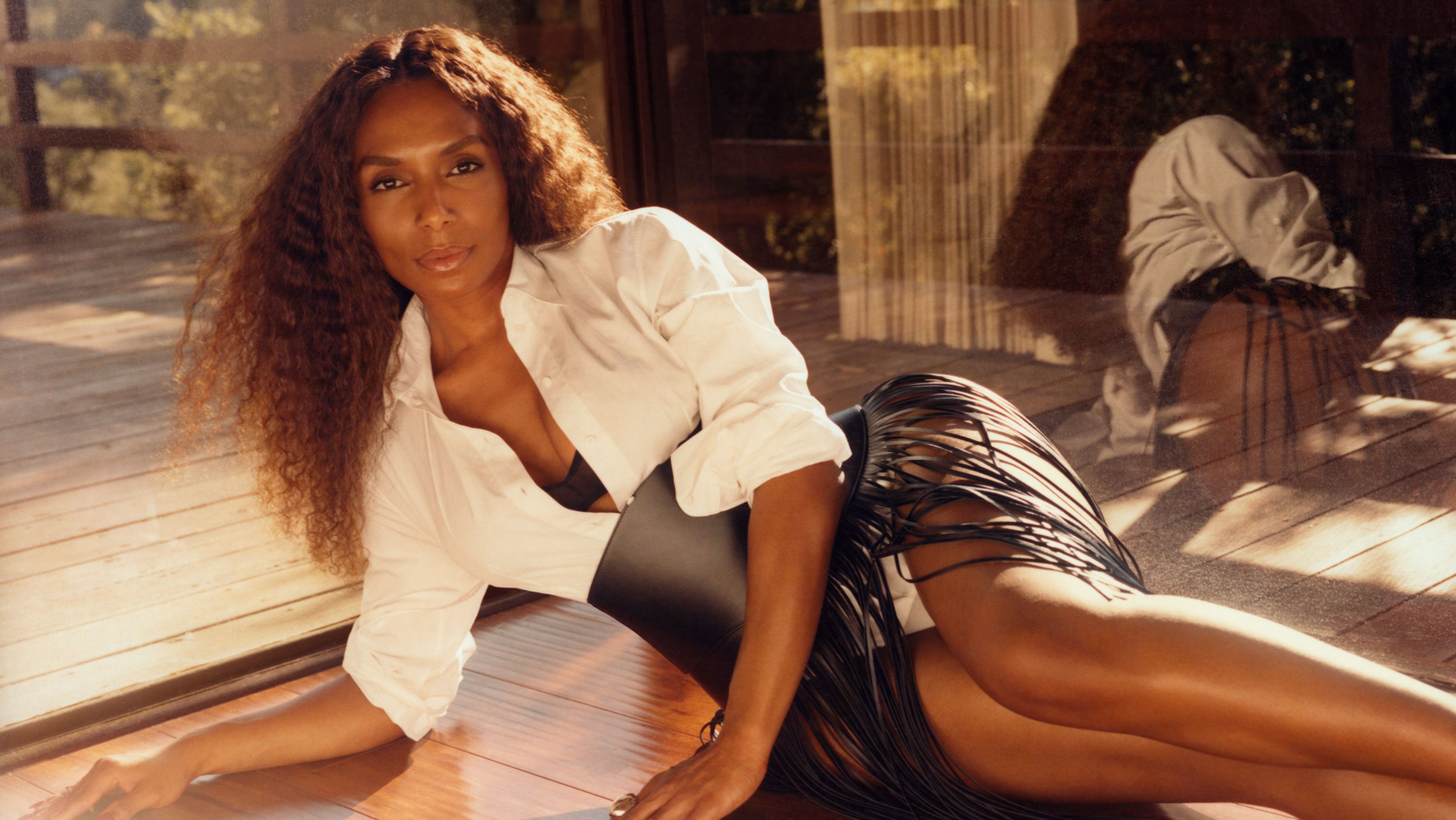
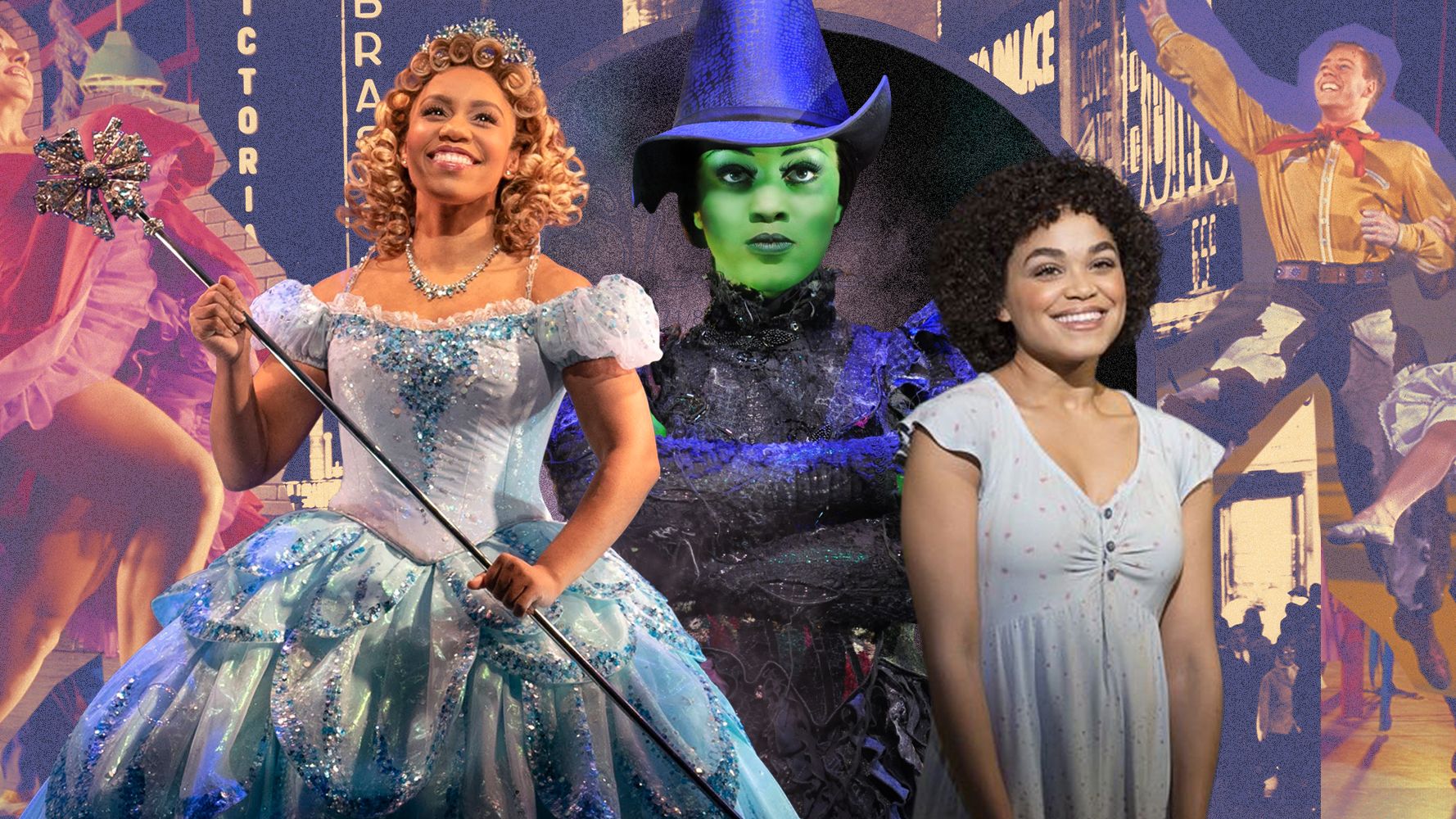
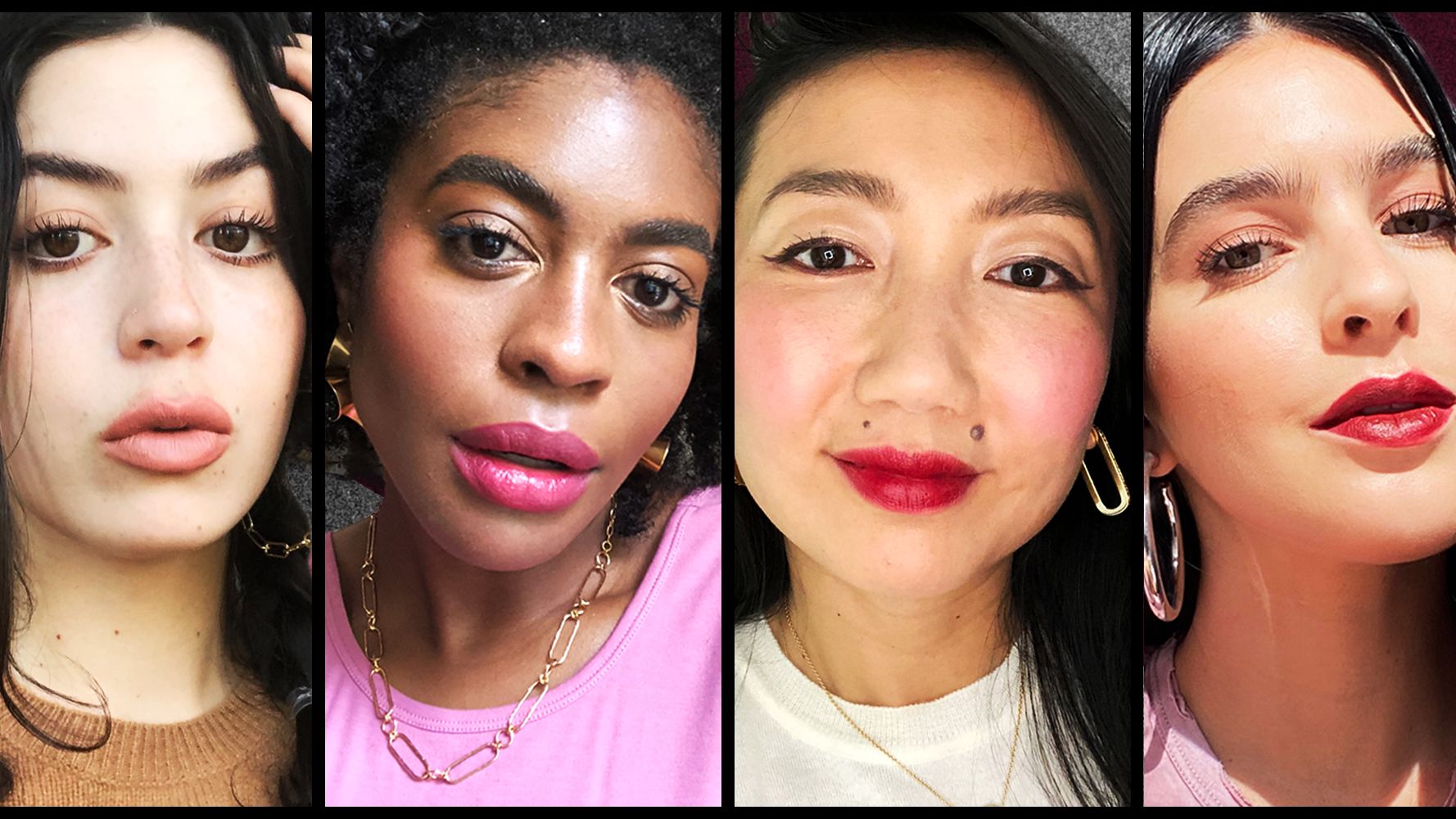
Megan DiTrolio is the editor of features and special projects at Marie Claire, where she oversees all career coverage and writes and edits stories on women’s issues, politics, cultural trends, and more. In addition to editing feature stories, she programs Marie Claire’s annual Power Trip conference and Marie Claire’s Getting Down To Business Instagram Live franchise.
-
 Tyla's Coachella Outfit Pairs Dolce & Gabbana With Pandora
Tyla's Coachella Outfit Pairs Dolce & Gabbana With PandoraThe singer wore a gold version of the crystal bra made famous by Aaliyah.
By Amy Mackelden Published
-
 How Kate Middleton Is Influencing George's Fashion Choices
How Kate Middleton Is Influencing George's Fashion ChoicesThe future king's smart blazer is straight out of Princess Kate's style playbook.
By Amy Mackelden Published
-
 King Charles "Couldn't" Meet Prince Harry During U.K. Visit
King Charles "Couldn't" Meet Prince Harry During U.K. Visit"It could actually bring down a court case."
By Amy Mackelden Published
-
 Peloton’s Selena Samuela on Turning Tragedy Into Strength
Peloton’s Selena Samuela on Turning Tragedy Into StrengthBefore becoming a powerhouse cycling instructor, Selena Samuela was an immigrant trying to adjust to new environments and new versions of herself.
By Emily Tisch Sussman Published
-
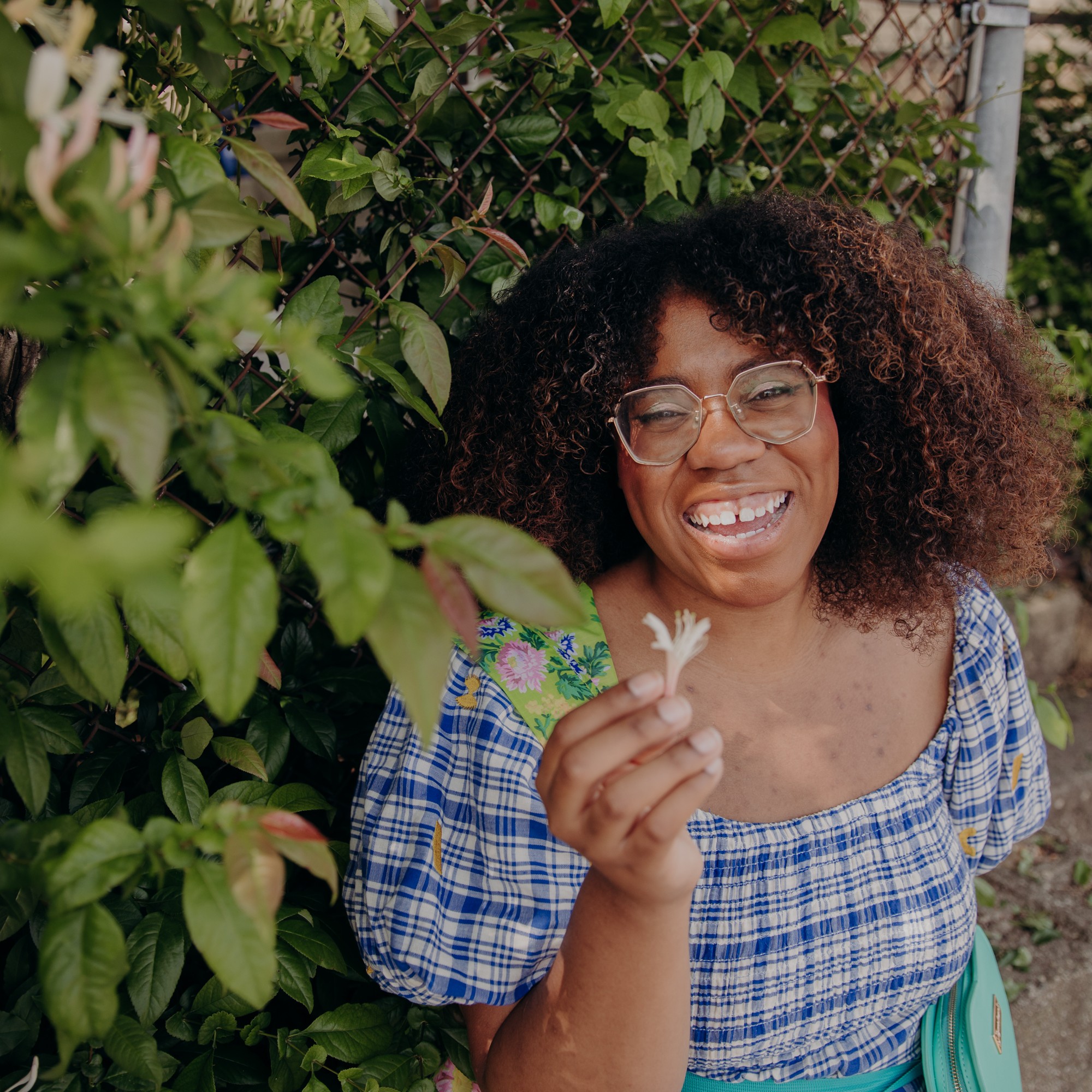 Edible Arrangements: An Urban Forager on Eating From Your Own Backyard
Edible Arrangements: An Urban Forager on Eating From Your Own BackyardUrban Forager Alexis Nikole Nelson (@blackforager) on Eating From Your Own Backyard
By Sarah Z. Wexler Published
-
 This Mutual Fund Firm Is Helping to Create a More Sustainable Future
This Mutual Fund Firm Is Helping to Create a More Sustainable FutureAmy Domini and her firm, Domini Impact Investments LLC, are inspiring a greater and greener world—one investor at a time.
By Sponsored Published
-
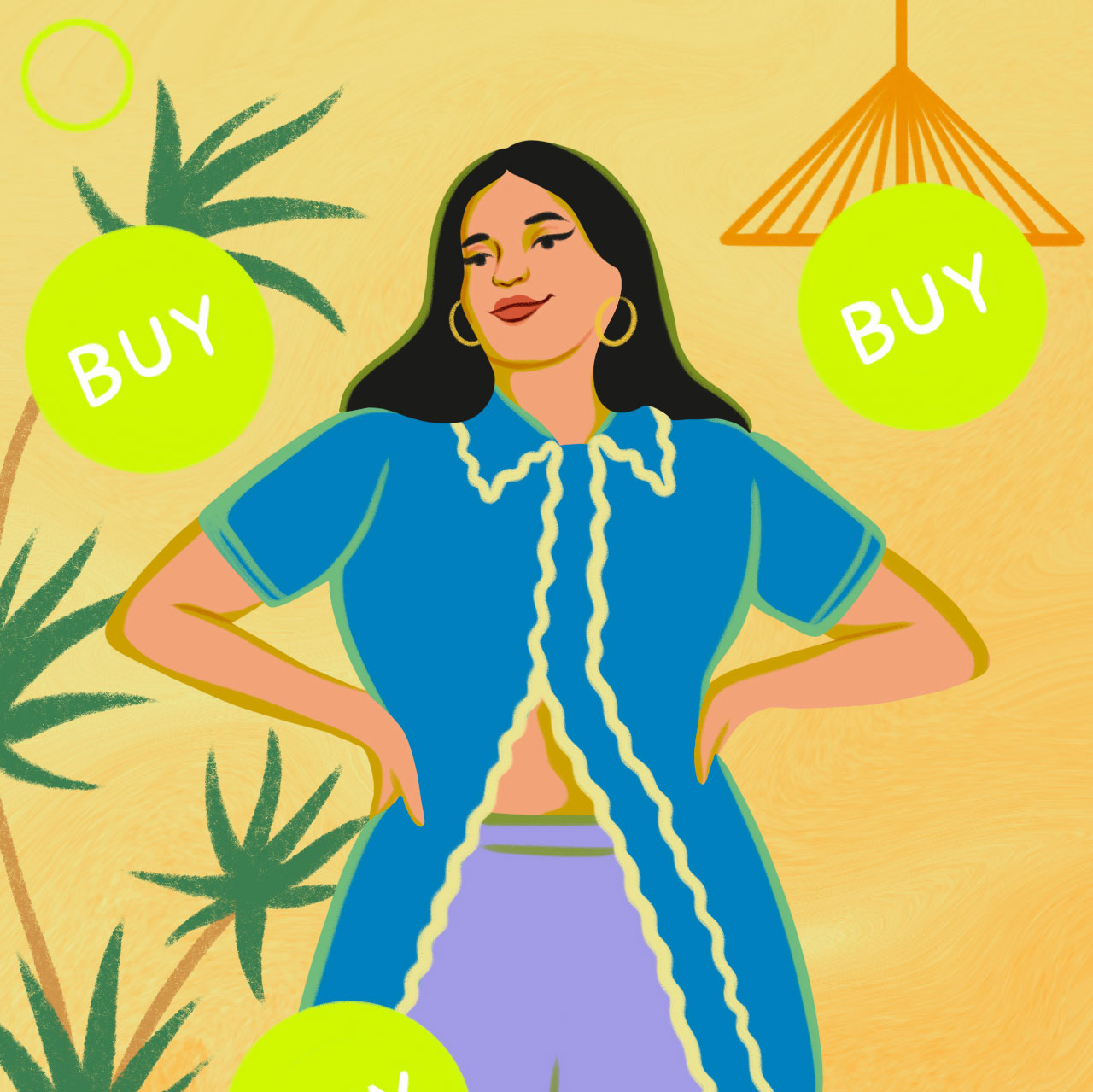 The Competition for Creators
The Competition for CreatorsCreators hold more power than ever—and companies are taking stock.
By Rachel Epstein Published
-
 Power Players Build on Success
Power Players Build on Success"The New Normal" left some brands stronger than ever. We asked then what lies ahead.
By Maria Ricapito Published
-
 Don't Stress! You Can Get in Good Shape Money-wise
Don't Stress! You Can Get in Good Shape Money-wiseFeatures Yes, maybe you eat paleo and have mastered crow pose, but do you practice financial wellness?
By Sallie Krawcheck Published
-
 The Book Club Revolution
The Book Club RevolutionLots of women are voracious readers. Other women are capitalizing on that.
By Lily Herman Published
-
 The Future of Women and Work
The Future of Women and WorkThe pandemic has completely upended how we do our jobs. This is Marie Claire's guide to navigating your career in a COVID-19 world.
By Megan DiTrolio Published